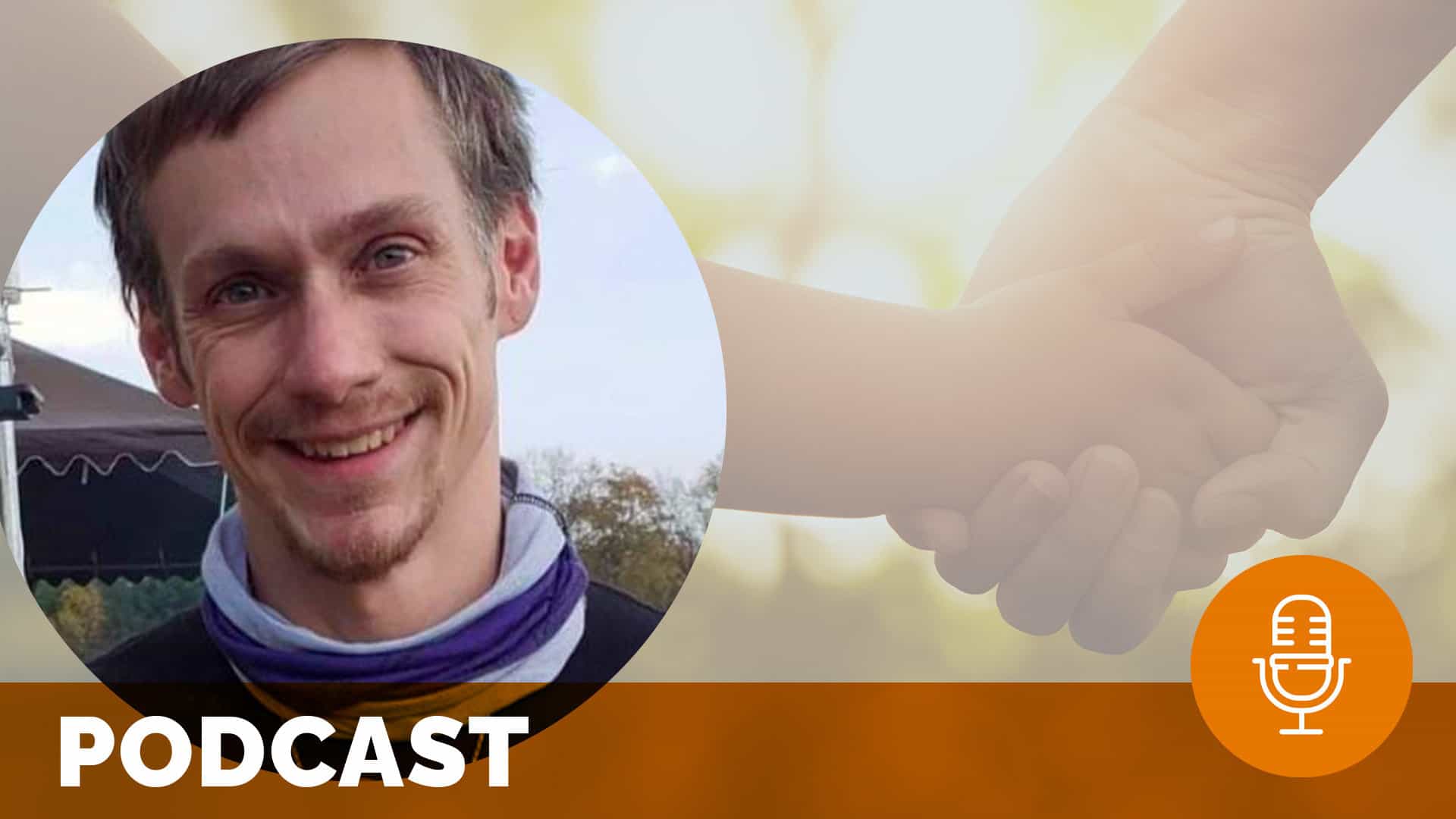It’s an honor and a privilege to come and get a little vulnerable…

Ryan Fowler “never wanted for anything” growing up but found himself self-medicating with drugs and alcohol in his teens and 20’s, resulting in full-blown addiction. Now 6 years sober, this advocate for harm reduction and new ways of caring for those suffering from substance use disorders shares his harrowing story of life on a thin edge. Few people can share such raw and personal details as Ryan Fowler, and always with an eye on elevating the human experience. It’s an honor to have Ryan as a guest on Humans in Healthcare.
Related content
-
 Patient Family & Community Engagement
Patient Family & Community EngagementExperiences of Psychosocial Support in Group Rehabilitation Interventions from Adults with Chronic Conditions – A Qualitative Systematic Review
Psychosocial support in group rehabilitation interventions can provide adequate social support and a basis for self-management. Both healthcare professionals and peers have invaluable roles in helping patients with chronic conditions adapt to their life situation. Interventions should facilitate knowledge sharing and help patients take responsibility for self-management. Furthermore, participants should be able to choose the
Learn more -
 Environment & Hospitality | Patient Family & Community Engagement
Environment & Hospitality | Patient Family & Community EngagementElevating the Emergency Department Experience: The Impact of Experience Ambassadors
By Jill Koss, Cook Children’s Medical Center At Cook Children’s Medical Center, we are committed to continuous innovation to enhance the patient and family experience. One key area of focus has been our Emergency Department (ED), where we identified an opportunity to improve the experience of waiting—both in the waiting area and after patients are placed
Learn more -
 Patient Family & Community Engagement
Patient Family & Community EngagementPatient, Family, and Health Professional Perspectives of How Families are Involved in Adult Inpatient Traumatic Brain Injury Rehabilitation
Objective: We aimed to answer the following research question: From the perspectives of patients, family members, and health professionals, how are families involved in the rehabilitation of adult patients with Traumatic Brain Injury at an inpatient Acquired Brain Injury service within an adult rehabilitation centre? Methods: We used an interpretive qualitative approach, from a constructivist view.
Learn more
